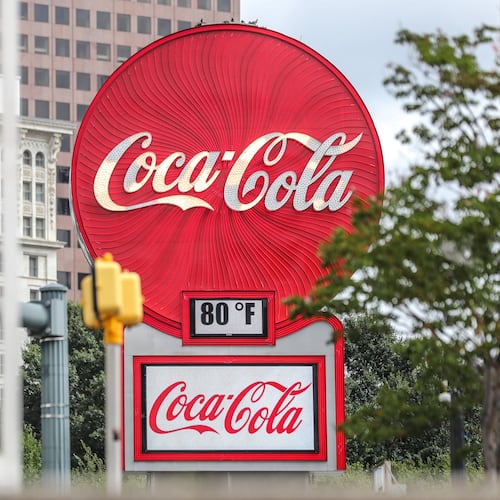Starbucks' sales are on the upswing again, with the company reporting its first quarterly sales increase in more than a year in the January-March period.
But the coffee giant said Tuesday that its turnaround effort is far from complete, and its fiscal second quarter also saw lagging store traffic and lower-than-expected earnings.
“Some of the investments we’re making now will take some time to create material returns. And some elements of our plan will move faster than others,” Starbucks Chairman and CEO Brian Niccol said in a video message to employees. “We have a lot of work ahead, but we are on the right track and moving quickly.”
The Seattle coffee giant said Tuesday that its quarterly revenue rose 2% to $8.76 billion in the January-March period. That was short of Wall Street’s expectations of $8.83 billion, according to analysts polled by FactSet.
Niccol, who joined the struggling company last fall, said Starbucks' efforts are paying off. Service is faster and friendlier, he said, helped by optimizing staffing levels. Simplified menus are also making store operations easier. And new store designs that encourage customers to sit and stay are rolling out in New York and Los Angeles soon.
Niccol said a pilot program to better pace mobile orders has lowered drive-thru wait times and the majority of in-store wait times to less than four minutes. A four-minute service time was one of the first goals Niccol set when he joined Starbucks. Niccol said the program will be rolled out to 3,000 stores by the end of this fiscal year.
Niccol said Starbucks is also boosting staffing and allowing employees to pick up extra shifts at nearby stores. He said in recent years, Starbucks had cut staffing and hoped that automated systems would pick up the slack. But it led to long wait times and employee burnout.
“What we're discovering is the equipment doesn’t solve the customer experience that we need to provide, but rather staffing the stores and deploying with this technology behind it does,” Niccol said Tuesday during a conference call with investors.
But those efforts have been costly. Starbucks said its net income dropped 50% to $384 million in its fiscal second quarter. Adjusted earnings fell nearly 40% to 41 cents per share. That was lower than the 49-cent per share profit Wall Street forecast.
Niccol said Starbucks plans to stick with its promise not to raise prices this fiscal year, despite increased costs from tariffs.
Starbucks Chief Financial Officer Cathy Smith said the company sources coffee from 28 different countries, mostly in Latin America. Starbucks' biggest exposure to tariffs, however, is with merchandise and beverage ingredients sourced from China. Smith said Starbucks is now shifting that production to local suppliers.
Starbucks said its same-store sales, or sales at locations open at least a year, fell 1% globally. That was slightly worse than the 0.8% drop analysts forecast.
While international same-store sales increased 2% — and store traffic improved in China — U.S. same-store sales fell 2%.
But Niccol expressed confidence that improved service and more welcoming stores will turn those numbers around, even if there is an economic downturn.
“It is one of those things that people would say, ‘This is a simple everyday luxury that I can still participate in,’ regardless of what some of the economic challenges are around them,” Niccol said.
Starbucks' shares fell 6% in after-hours trading Tuesday.
Keep Reading
The Latest
Featured



